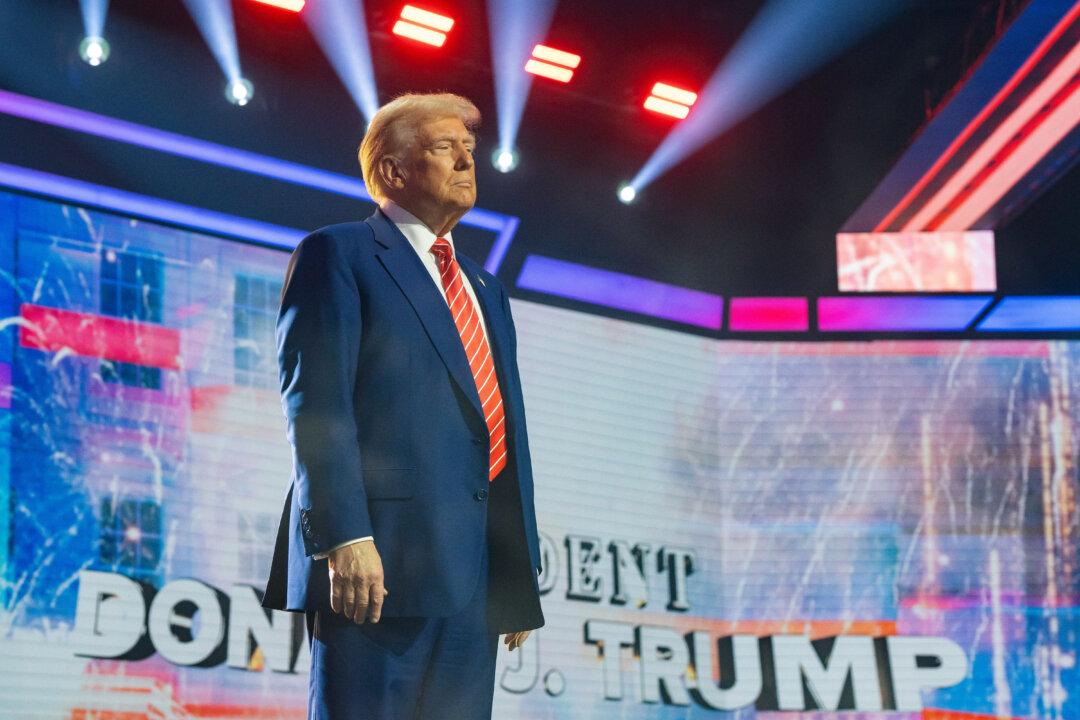President-elect Donald Trump on Dec. 22 nominated Stephen Miran to chair the Council of Economic Advisers (CEA).
Miran, who has a PhD in economics from Harvard University, served as a senior adviser for the Treasury Department during the president-elect’s first term.






